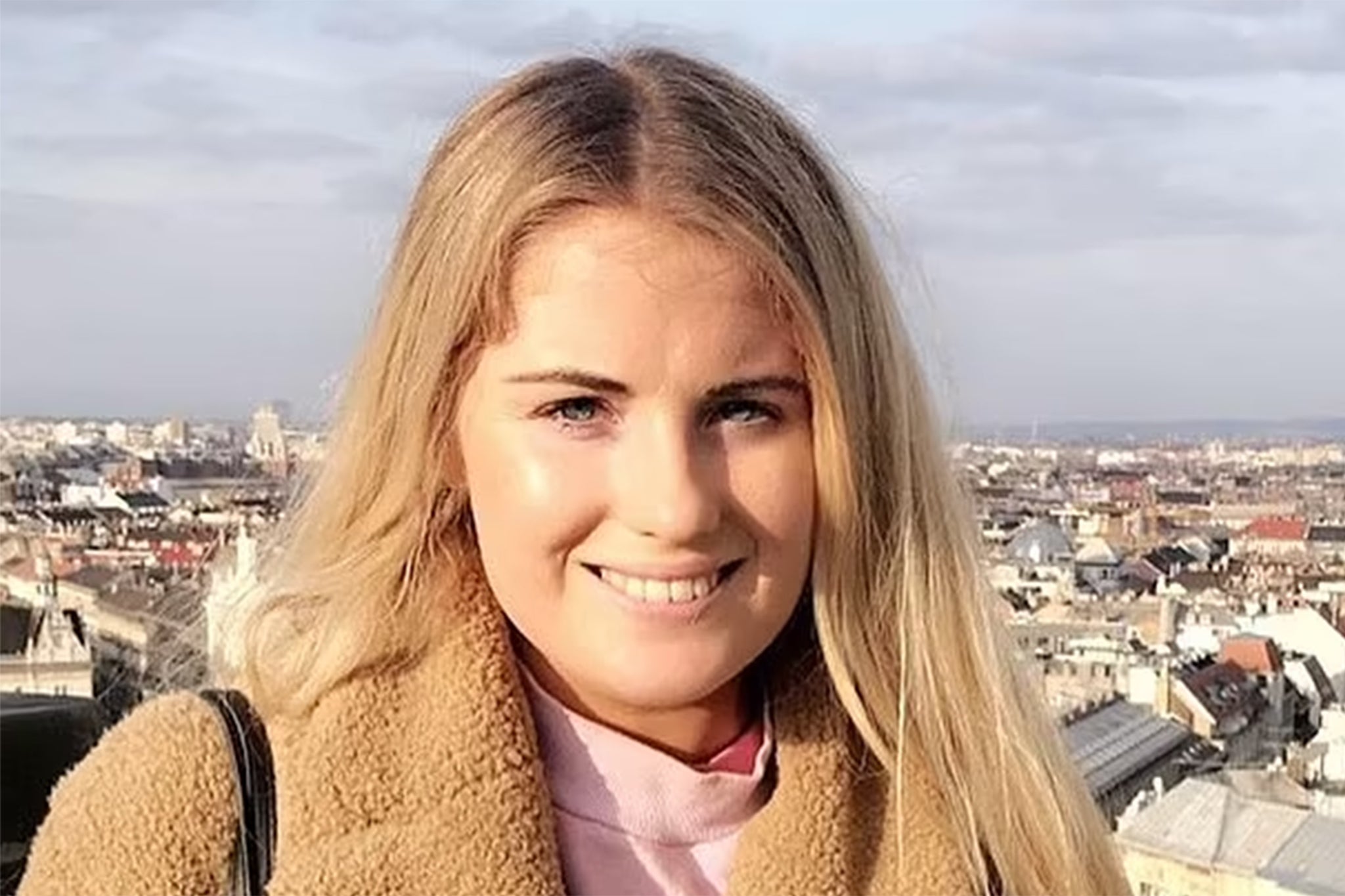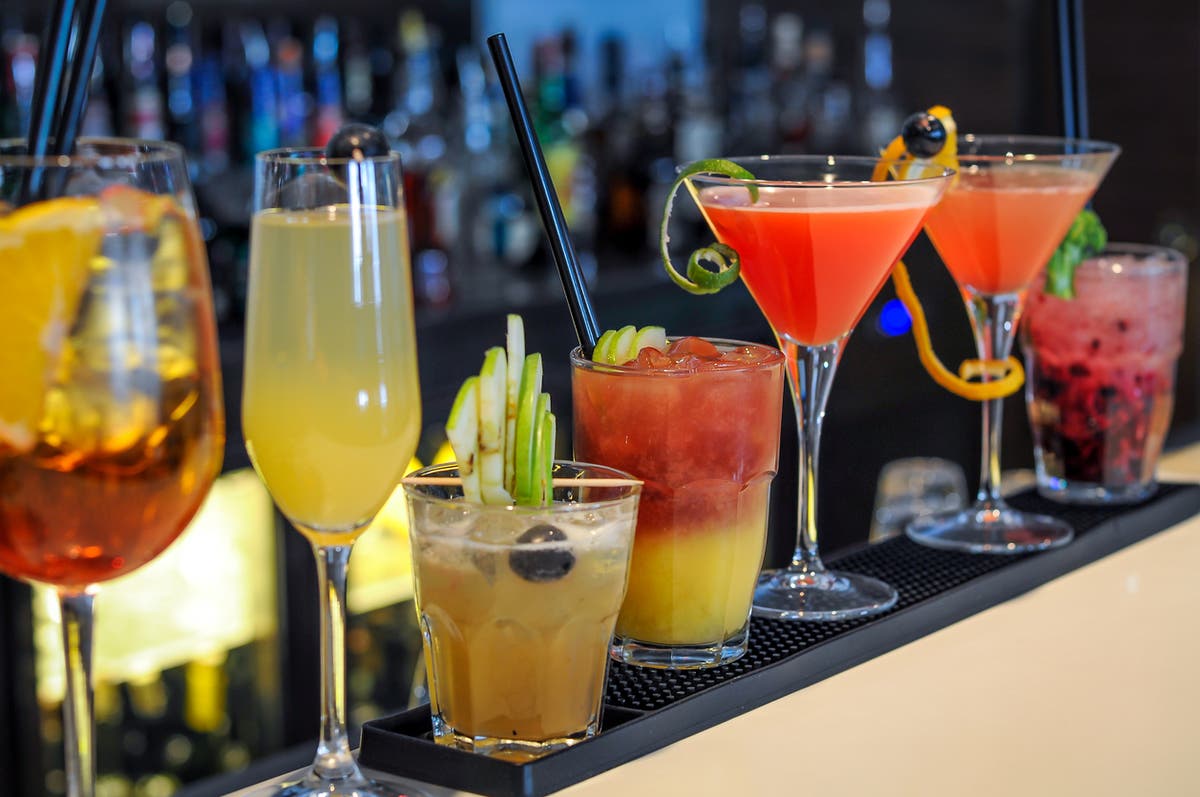Six people, including a British backpacker, have died allegedly after drinking tainted alcohol in Laos.
British backpacker and lawyer Simone White, 28, from Orpington in Kent was among those to have died from suspected methanol poisoning after allegedly being served free drinks in Laos‘s Vang Vieng area.
Two Danes, two Australians and an American have also died after being taken to the hospital with similar symptoms.
A New Zealander is among those unwell and being treated, and the country’s foreign ministry said there had been “several cases of suspected methanol poisoning after consuming alcoholic drinks”. Laos police are investigating the case.
Who are the victims?
Two Australian teens, identified as Holly Bowles, 19, and Bianca Jones, 19, have died from suspected methnol poisoning.
Bowles, who had been in critical condition on life support after drinking the tainted alcohol in Laos, died in a hospital in Bangkok, her family said on Friday.

“We are so sad to say that our beautiful girl Holly is now at peace,” her family said in a statement sent to Australian Network 10. “We find comfort and solace in knowing that Holly brought so much joy and happiness to so many people.”
Earlier on Thursday, Australia’s prime minister Anthony Albanese announced that 19-year-old citizen, Bianca Jones, had died in a Thai hospital where she had been evacuated for emergency treatment, and that her friend – Bowles – remained in a hospital “fighting for her life”.
The two 19-year-old Australian women fell ill on 13 November following a night out drinking with a group. They failed to check out from the Nana Backpacker Hostel as planned and were found sick in their room and then taken to Thailand for emergency treatment.
Thai authorities confirmed that Jones had died by “brain swelling due to high levels of methanol found in her system”.
Duong Duc Toan, the manager of the Nana Backpacker Hostel, told the Associated Press that staff were told by other guests that two women were unwell after they failed to check out as planned on 13 November. The hostel arranged transport to a hospital for them, he said.
It is not known where the contaminated drinks were served.
A 28-year-old British woman, Simone White, also died from suspected methanol poisoning in Laos while staying in the backpacking hotspot with her friend Bethany Clarke.

In a post on a Laos backpacking Facebook group on 16 November, which has since been deleted, Ms Clarke wrote: “Urgent – please avoid all local spirits. Our group stayed in Vang Vieng and we drank free shots offered by one of the bars.
“Just avoid them as so not worth it. Six of us who drank from the same place are in hospital currently with methanol poisoning.”
Ms Clarke reportedly added that she was treated at a private hospital where she underwent “many infusions” and spent days recovering. It’s not known if she is still in hospital. An American and two Danish tourists also died, though specifics about the causes of death have not been released. New Zealand’s foreign ministry said one of its citizens was sickened in Laos and was a possible victim of methanol poisoning.
What have the authorities done?
An officer at Vang Vieng’s Tourism Police office, who refused to give his name, told The Associated Press on Friday that a “number of people” had been detained in the case but that no charges have yet been filed.
Staff at the Nana Backpacker Hostel, which was still operating but not accepting new guests, confirmed that the manager and owner were among those taken in for questioning.
Tourist police offices are common in Southeast Asia and are set up specifically to help with incidents involving tourists and other foreigners.
Laos is a one-party communist state with no organized opposition and the government keeps a tight lid on information. In this case, officials have released almost no details. The foreign ministry has refused to comment, and in Vang Vieng the small hospital where some of the victims are believed to have been treated initially referred all questions to the town’s health office on the hospital grounds. The town health officials refused to comment, saying they lacked proper permission.
What is methanol?
Methanol, a colourless liquid with a faintly sweet pungent smell, completely mixes with water. It’s very similar to ethanol – the pure form of alcohol in alcoholic drinks.
Unlike ethanol, however, methanol is toxic to humans and is commonly used as a solvent in industrial processes, a precursor for producing formaldehyde and an ingredient in products like antifreeze and fuel.
- A precursor for producing formaldehyde and other chemicals.
- An ingredient in antifreeze, paint thinners, and fuel.
How dangerous is it?
Methanol is readily absorbed and distributed throughout the body. It is metabolised to formic acid, which is toxic in large concentrations.
The US National Institutes of Health says it is well established that methanol has serious acute toxic effects that occur at high levels of exposure.
The NHS warns that as little as 4ml of methanol can cause hallucinations and blindness.
Half an hour to two hours after consuming methanol symptoms include drowsiness, confusion and irritability. Later symptoms include dizziness, vomiting, severe abdominal pain and diarrhoea.
Severe cases may lead to fast, shallow breathing, then coma and convulsions.
Patients may be given dialysis.
How can tourists avoid it?
Homemade alcohol, popular in southeast Asia, may accidentally contain too much methanol because of the distillation process. Or it may be used as a cheap substitute for ethanol – effectively a counterfeit alcoholic drink.
Local spirits including local rice or palm liquor, spirit-based mixed drinks such as cocktails, and fake branded alcohol sold in shops or bars may all be affected.
The Foreign Office issued a warning to UK tourists, advising holidaymakers in Laos to take precautions. The US State Department on Friday issued a health alert for citizens traveling in Laos, warning of “suspected methanol poisoning in Vang Vieng, possibly through the consumption of methanol-laced alcoholic drinks”.
Measures include buying alcohol only from licensed stores and licensed bars and hotels, and avoiding homemade drinks.
Tourists should also check that bottle seals are intact when buying and check labels for poor print quality or incorrect spelling, which may indicate they are knock-offs.
Anyone suspecting they have drunk methanol is advised to get medical help.

